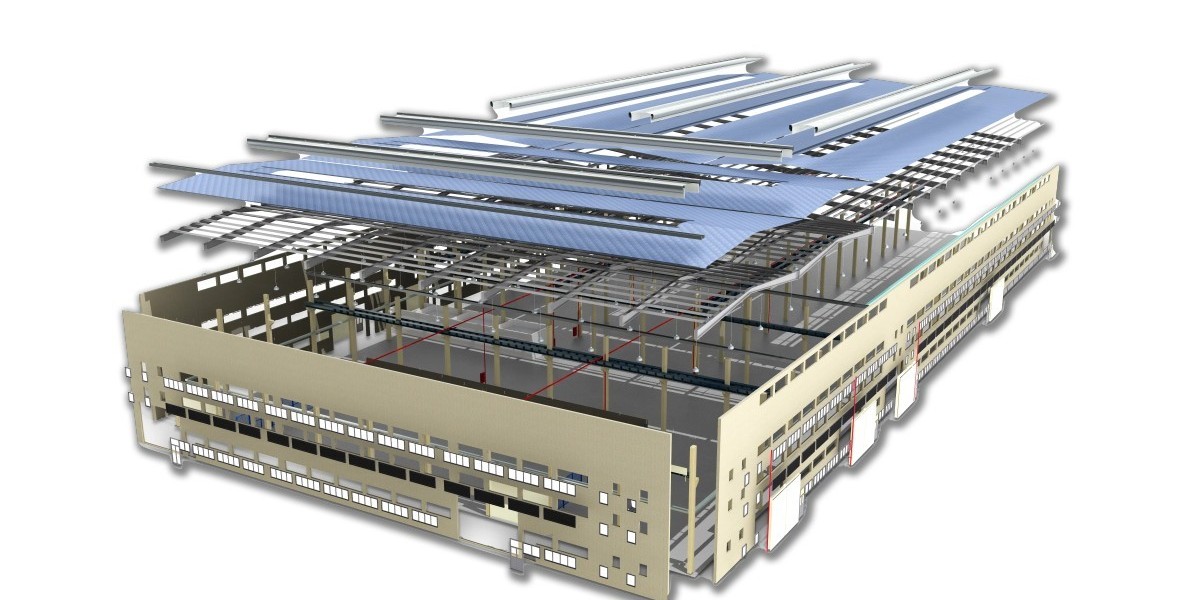SeroBurn Capsules:- many dieters are also curious about biotin because it's far regarded to resource in the regulation of blood sugar. Research shows that blood sugar control turns into extra of a mission with low biotin supply.
OFFICIAL WEBSITE
https://neuropathynerve.com/seroburn/
FACEBOOK:
https://www.facebook.com/SeroBurnWeightLoss/
https://www.facebook.com/GetSeroBurn/
https://www.facebook.com/groups/canadaseroburn/
https://www.facebook.com/groups/tryseroburn/
https://www.facebook.com/groups/1240856784117463
https://www.facebook.com/profile.php?id=61577117297553
https://www.facebook.com/groups/689454280526003
READ MORE:
https://seroburn-capsules.jimdosite.com/
https://medium.com/@seroburnweight/seroburn-capsules-35e1d11ec7bd
https://seroburn-capsules.blogspot.com/2025/06/SeroBurn-Capsules.html
https://gns3.com/community/discussions/seroburn-capsules-also-check-price-before-buy
https://blog.mycareindia.co.in/seroburn-capsules-read-pros-cons-and-user-feedbacks/
https://seroburn-ca.jimdosite.com/
https://groups.google.com/g/seroburn-ca/c/c0f60wH02P8
https://seroburn-canada.blogspot.com/2025/06/seroburn-canada.html
https://medium.com/@sherinowlin/seroburn-canada-8359c8c09b10
https://view.genially.com/6853d8b4d3b574d64575c18f/interactive-content-seroburn-canada-reviews-2025
https://seroburn-weight-loss.jimdosite.com/
https://groups.google.com/g/seroburn-weight-loss/c/zJp80UEw5FE
https://medium.com/@seroburnweightloss/seroburn-weight-loss-c80f9e2c4652
https://seroburn-weight-loss.blogspot.com/2025/06/seroburn-weight-loss.html
https://view.genially.com/6852a81d519063170c11dc81/interactive-content-seroburn-weight-loss
https://seroburn-canada.jimdosite.com/
https://medium.com/@tryseroburn/seroburn-52aed7cd2b6c
https://groups.google.com/g/seroburn-canada/c/O5uQNAMDLr0
https://seroburn-reviews.blogspot.com/2025/06/blog-post.html
https://gns3.com/community/discussions/seroburn-why-trust-it-so-much/
https://blog.mycareindia.co.in/seroburn-weight-loss-capsules-seroburn-usa-and-canada-reviews/








